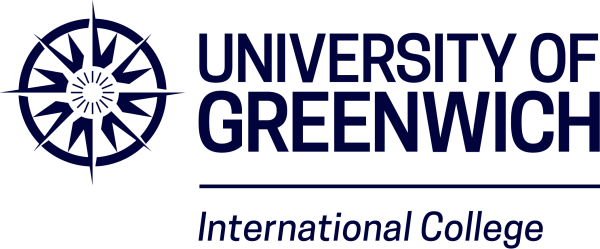At the postgraduate level, the pre-master’s provides either one term (10 weeks) or two terms (20 weeks) of preparation for entry into a 1-year master’s degree in engineering.
This course will help you build on your knowledge and develop new skills for the engineering industry related to electrical and electronic, mechanical and manufacturing, and management.
Engineering courses at the University of Greenwich are accredited by leading professional bodies. For example, the MSc Electrical and Electronic Engineering is accredited by the Institution of Engineering and Technology as satisfying the further learning requirements for chartered engineer (CEng) registration. Individuals must hold a CEng-accredited honours degree as well as the accredited MSc for an exemption to CEng status.
To join this course you will need to have successfully a bachelor’s degree or equivalent and meet the English language requirements. We offer Pre-sessional English which is a 6 or 12-week extension course for those who may not yet meet the required English language standards for direct entry to our pathways.
Direct Entry One-term – IELTS 6.0 (with no skill below 5.5)
Direct Entry Two-term – IELTS 5.5 (with no skill below 5.5)
Pre-sessional English 6-weeks – IELTS 5.0 (with no skill below 4.5)
Pre-sessional English 12-weeks – IELTS 4.5 (with no skill below 4.0)




